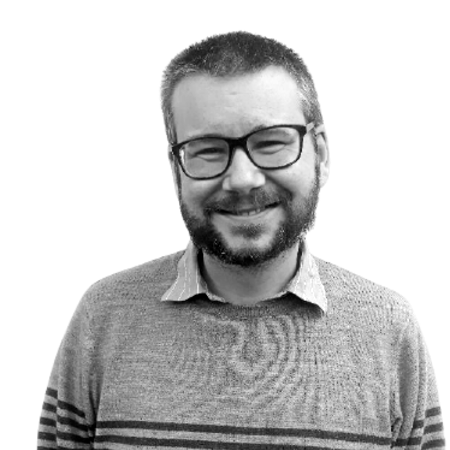In December 2010, a mental health key worker approached me with a flyer – some researchers were looking for service users and carers to be trained in research methods and design. I wasn’t sure it was for me and whether it would lead to anything fruitful, but I decided to go for it. After an interview process, I was invited to attend the training – one day a month in Manchester for six months from January to June 2011 (the course became Bee et al, 2018).
“This was the first time that I saw that my experience – including some of the darkest and most distressing moments of my life – could be used to inform research management, design, and conduct. I realised that my lived experience was a form of knowledge and expertise that could make a difference – if others were willing to learn and hear.”
Following the training, in 2012 the research team invited me to be a co-applicant and co-investigator on a programme of research which would become known as ‘EQUIP’ (Enhancing the quality of service user involved care planning in mental health services). I was appointed a Research Associate in the School of Health Sciences, University of Nottingham, in February 2013 where I worked part-time on EQUIP until I started a PhD in September 2016. During this time, I have also worked on various other projects in different roles (co-applicant, co-investigator, or as an advisor). I only work on projects where I feel my lived experience can have an impact. Whilst there’s no clear career pathway, I’ve built up a portfolio of work experience, and I see and present myself as a ‘lived experience researcher’.
Sometimes I do find research stressful, and the emotional labour of the work has at times impacted negatively upon my mental wellbeing. But I’m also so privileged to be able to work flexi-time. I chose to ‘disclose’ my mental health condition, and so far I have received nothing but support from the University. I’ve realised that I need a supportive, empathic community around me, and I co-established and co-chair the Association of Mental Health Peer Researchers, which promotes peer research and offers peer-support to researchers with lived experience who are affiliated with the University of Nottingham.
Bee, P., Brooks, H., Callaghan, P., & Lovell, K. (Eds) (2018) A Research Handbook for Patient & Public Involvement Researchers, Manchester University Press, Manchester.

